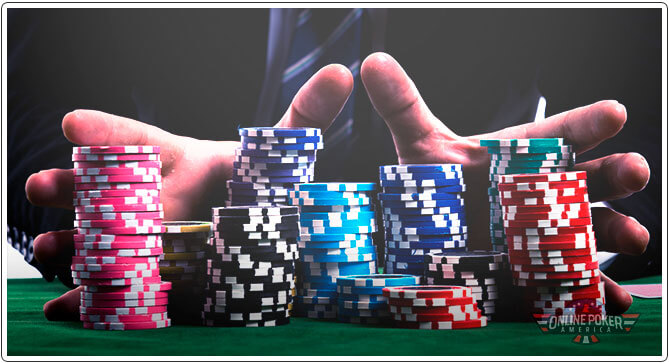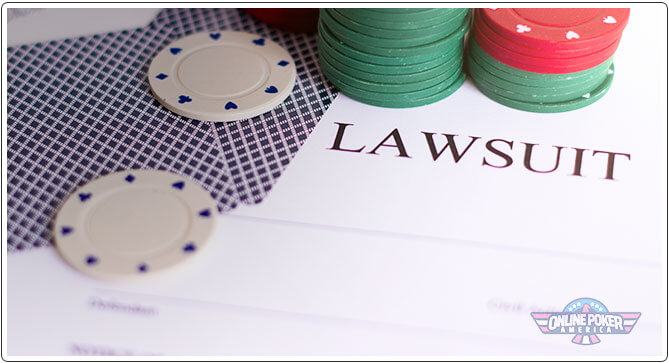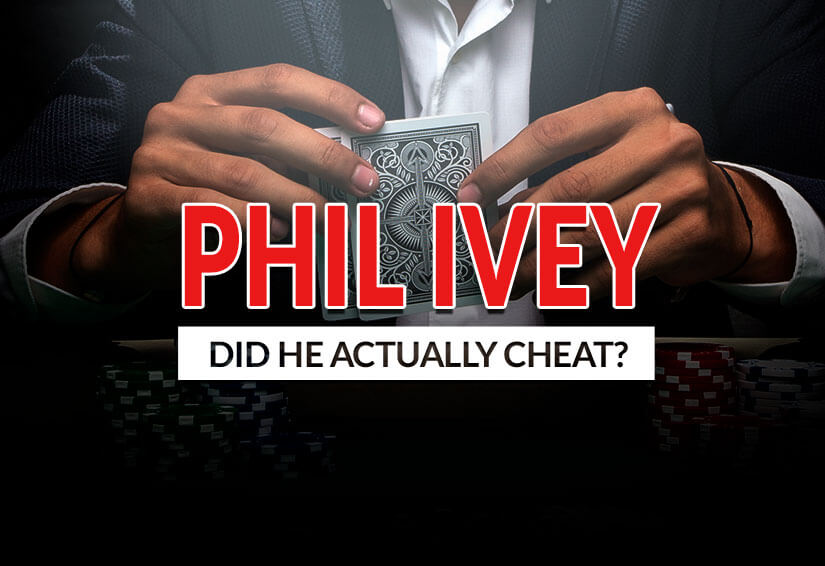It goes without saying that Phil Ivey is one of the greatest poker players all time. This is easily proven by all the winnings he has amassed over the years as well as his induction into the prestigious Poker Hall of Fame. By all means, there was a time that things seemed to be falling perfectly into place for the poker pro, that is until the news that he might be a cheater rocked the poker industry. This was a huge blow for the player himself as well as the legion of poker fans that followed him.
In addition to tainting his character, the incident also implied a lot of financial trouble for the poker star especially considering the $20 million lawsuits that were filed against him. The court cases dragged for years which just goes to prove just how much of a big deal it was.
So, what really happened?
How It All Began

Well, one of the things that many people can agree on was the account of events that eventually led up to the lawsuit. The story of what Phil Ivey and Cheung Yin Sun, his accomplice, pulled off at the Borgata in Atlantic City and Crockfords casino in London is quite easy to understand.
At both locations, the two poker players played a high stakes game of punto bunco. This game is a variant of baccarat that is quite similar to blackjack since each side can draw more cards. In punto bunco, the “player” and the “bank” are each dealt two cards and the aim of the game is to achieve a total hand that is as close to nine as possible. The game is played with a standard deck of cards.
When playing at Crockfords Casino in London, Phil and Sun won close to £7.7 million (about $10 million) but their winnings were held due to an investigation that began after the game. As it turns out, the casino has some suspicions that something was amiss. After the investigation, Crockford Casino decided not to pay out the winnings and instead returned Phil Ivey’s winnings because he had allegedly used an unlawful trick to win.
The discovery of unusual activity come by since Ivey, on multiple occasions during the game, asked the dealer to rotate the cards 180 degrees. According to the poker player, he was a very superstitious person and that was all. However, there was something deeper going on.
Due to slight and mostly barely noticeable manufacturing deformities, the cards dealt at the table do not necessarily have a totally random sequence. One needs to be extremely keen in order to notice the slight asymmetry of the patterns that are found on the backs of the playing cards.
Well, it seems extreme keenness was also one of Phil Ivey’s superpowers. He and his accomplice noted these inconsistencies and with that, they could tell whether the cards that were dealt were 6, 7, 8, or 9. This means that by asking the dealer to rotate the cards, the patterns became more noticeable. It also means that this gave him a huge advantage over the casino.
As expected, Crockfords Casino would not have any of that – they said this was unlawful and they were not the only ones who thought so. It was not long before Borgata Casino also got wind of the situation and decided to sue the poker star for having unfairly and unlawfully won $9.6 million from the casino.
The Edge Sorting Saga: Is It Cheating?

To begin with, what Phil Ivey and Cheung Yin Sun did was not an entirely new concept. This trick is known as edge-sorting and it has been debated for a very long time with loads of people in the gaming community having different opinions on whether it is legal or not.
Edge sorting basically means gaining an advantage by using observation while playing within the rules of the game. As mentioned early, the subtle lack of uniformity in the backs of playing cards made edge-sorting possible for Ivey.
Gaining an advantage while playing within the rules is most certainly lawful but things get a little complicated in the case of Phil Ivey. There are differing opinions from two main camps.
The first opinion which is shared by Phil Ivey and many other poker lovers and enthusiasts is that he and his accomplice won legitimately. The argument is that it was the casinos who had failed at their responsibility of taking the right steps towards protecting themselves. Their continued use of cards that had extremely subtle, but still notable, deformities was not his fault. We can all agree on that.
So, he was not cheating, right? Well, some of the courts had a very different opinion.
Back in October 2017, Phil Ivey lost in a lawsuit that he had filed against the Crockfords Casino in a bit to recover the £7.7 million in winnings that the casino chose not to give him. Initially, he had won the case but the casino filed an appeal where they tabled new evidence that proved that it is still possible for anyone to cheat “without dishonesty or intention to deceive: depending on the circumstances it may be enough that he simply interferes with the process of the game”.
The second legal battle was between the star poker player and Borgata – in this case, it was Borgata that was seeking the return of the $9.6 million that he had won while using the edge-sorting technique. Ivey also lost this case too and in early 2019, the court even gave the casino operator the green light to go after his assets in New Jersey.
The biggest takeaway from both lawsuits is that while Ivey did not face any criminal charges for the incidents, his actions may have invalidated his entitlement to the winnings. The implication would be that edge sorting is not necessarily illegal but that is only if the player watched the cards keenly with a trained eye.
However, Phil Ivey did not just do that now, did he?
The court rulings pointed out that by taking active steps, which in this case was asking the dealer to rotate the cards, he had done something akin to cheating.
What Does This Mean?

Despite losing both lawsuits, Phil Ivey has maintained that he is not a cheat. He still has a huge fan-base and a legion of supporters who totally agree with him. That said, he has revealed that he does not intend to do anything that will taint his great reputation as one of the greatest poker players of all time.
Apparently, this has put paying back Borgata out of the question for him. The casino operator has not been fruitful in seizing any of his assets as it is speculated that he may have moved them offshore prior to the ruling that fell in favor of the casino.
Phil Ivey is still a popular face at many poker tournaments and events. He has, however, resorted to playing at major international tournaments instead. He has achieved quite a lot of excess even despite all that has been going on with regard to the lawsuits.
Unsurprisingly, the fight is not even close to being over for the star poker player. He and his lawyers have recently filed an appeal against the ruling that favored Borgata. There is no guarantee that he will win but the fighting spirit is certainly admirable. As always, we have our eyes peeled for the latest news so be sure to stay tuned.




